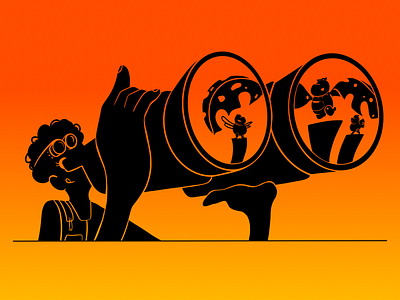Four Questions On Condom Sex

 As with gratitude, withholding an apology is perceived as an insult. An apology is a ritual lowering of 1’s status to compensate for a (actual or perceived) affront. But the borrower’s standing can be destroyed or ruined, which provides incentive enough for most functions. So: status will not be a super money, however it’s close sufficient for the metaphor to carry water. Robin Hanson suspects that talking in public is a method of bidding for standing. There are real positive factors to be had from these kinds of trades – so, as people all the time do, we discover a means. Dollars clearly fit the invoice, but we will find inflationary tendencies in virtually each express measure of standing. Our emotions, for example, often tell us when we’ve been cheated in a status transaction, even if it’s laborious to articulate precisely how. When you converse on behalf of the group – i.e., making statements that summarize the group’s position or commit the group to a course of action – then you are claiming even increased standing. The very act of standing in front of a group and talking authoritatively represents a declare to relatively high status. Does the subordinate acquiesce instantly to the request (low status), hint at requiring additional terms (medium standing), or outright reject the request (high status)?
As with gratitude, withholding an apology is perceived as an insult. An apology is a ritual lowering of 1’s status to compensate for a (actual or perceived) affront. But the borrower’s standing can be destroyed or ruined, which provides incentive enough for most functions. So: status will not be a super money, however it’s close sufficient for the metaphor to carry water. Robin Hanson suspects that talking in public is a method of bidding for standing. There are real positive factors to be had from these kinds of trades – so, as people all the time do, we discover a means. Dollars clearly fit the invoice, but we will find inflationary tendencies in virtually each express measure of standing. Our emotions, for example, often tell us when we’ve been cheated in a status transaction, even if it’s laborious to articulate precisely how. When you converse on behalf of the group – i.e., making statements that summarize the group’s position or commit the group to a course of action – then you are claiming even increased standing. The very act of standing in front of a group and talking authoritatively represents a declare to relatively high status. Does the subordinate acquiesce instantly to the request (low status), hint at requiring additional terms (medium standing), or outright reject the request (high status)?
Conditional verbs (would, may) allude to the subordinate’s autonomy (and high status), whereas declarative verbs set an expectation that there will be no negotiating (low status). This is so common you might not even notice it, but even the straightforward act of saying “please” and “thanks” accords a nominal quantity of status to the person doing the favor. Is pleasing alien diplomats, even in mattress, part of his job? We trade standing for sex (and vice versa), which frequently goes by the name “seduction.” Sometimes even the institution of marriage functions as a sex-for-status transaction. Does the subordinate settle for the duty happily (low status) or begrudgingly (high standing)? Does the supervisor frame the task as a favor (excessive standing for the subordinate), as a request (medium standing), or as a demand (low status)? Other forms of relationships (manager/subordinate, mentor/mentee, partnerships, shopper/vendor, and so on.) set different terms for how standing is to be transacted between the events, which I leave as an exercise to the reader. Various kinds of relationships might be viewed as primitive ‘contracts.’ Friendship, for example, is a contract whose phrases specify that the two friends are roughly equal in standing (no less than inside the body of the connection) and that they’ve agreed to dispense with fine-grained accounting of each standing transaction.
Similarly, each request for a favor is a complex bidding course of (i.e. negotiation) framed largely – and sometimes implicitly – in terms of status. One-off transactions (like a favor) usually take place inside the context of a relationship. None of those transactions is perfectly clear, and most of them are unimaginable to audit (arguably a feature slightly than a bug, for some transactions). In Impro, Keith Johnstone says of mates that they are “people who conform to play status games together.” The emphasis right here is on games – buddies play standing for fun fairly than for keeps. We’ve already discussed how standing functions as a medium of change. The perfect Rottweiler is a medium massive, strong and powerful dog, black with clearly outlined rust markings. So someday I drew one hundred black packing containers in ink–no colour, no curves, no erasure! Negotiating with status beats the hell out of bartering – i.e., buying and selling one particular good for one more – thereby permitting smoother, extra efficient economies to develop. It’s all too simple to achieve an equilibrium where counterfeit, picture-based mostly status drives out honest, actuality-primarily based standing. Next time I see him, I’d take him out into the true world.
